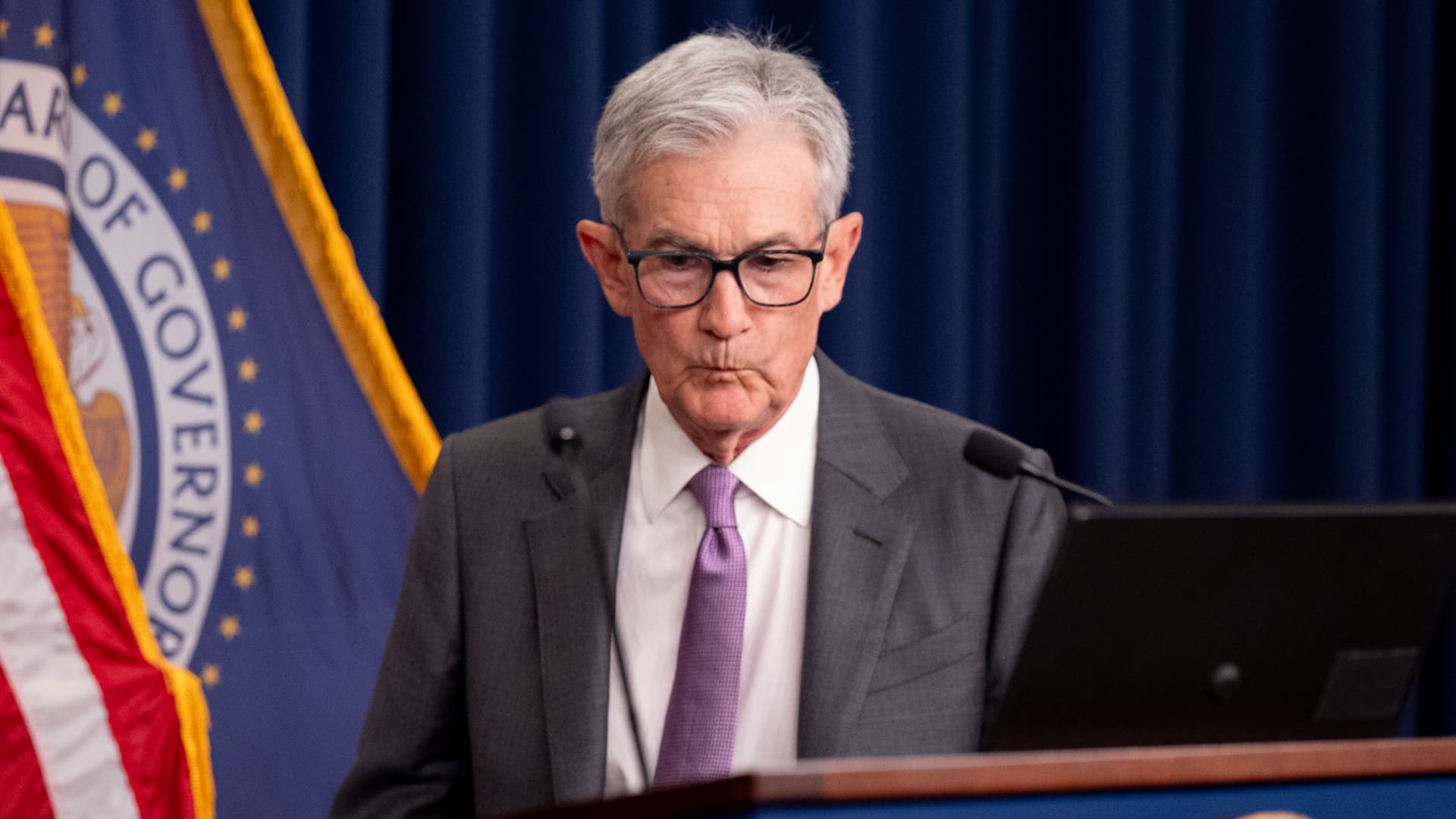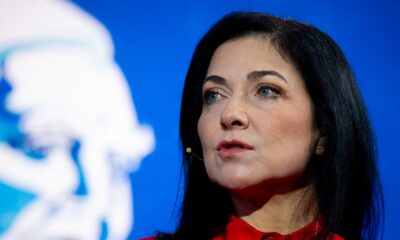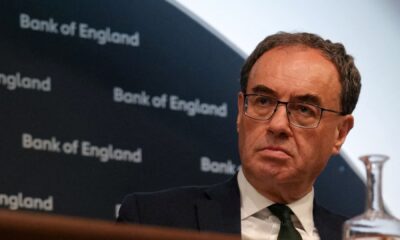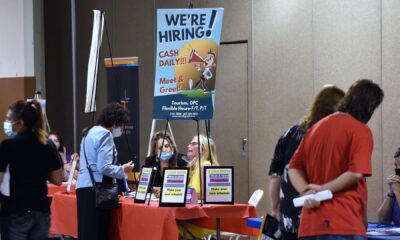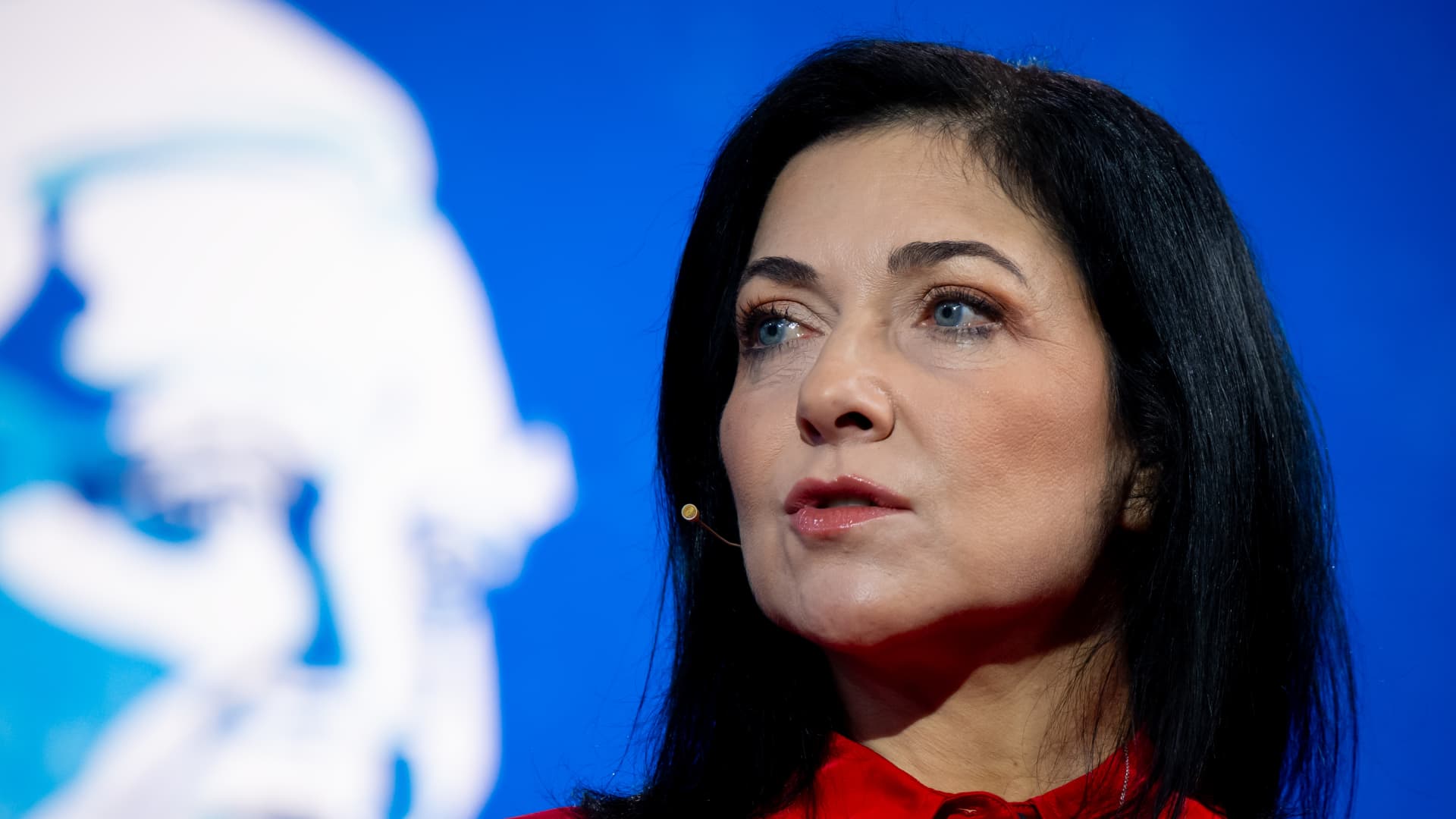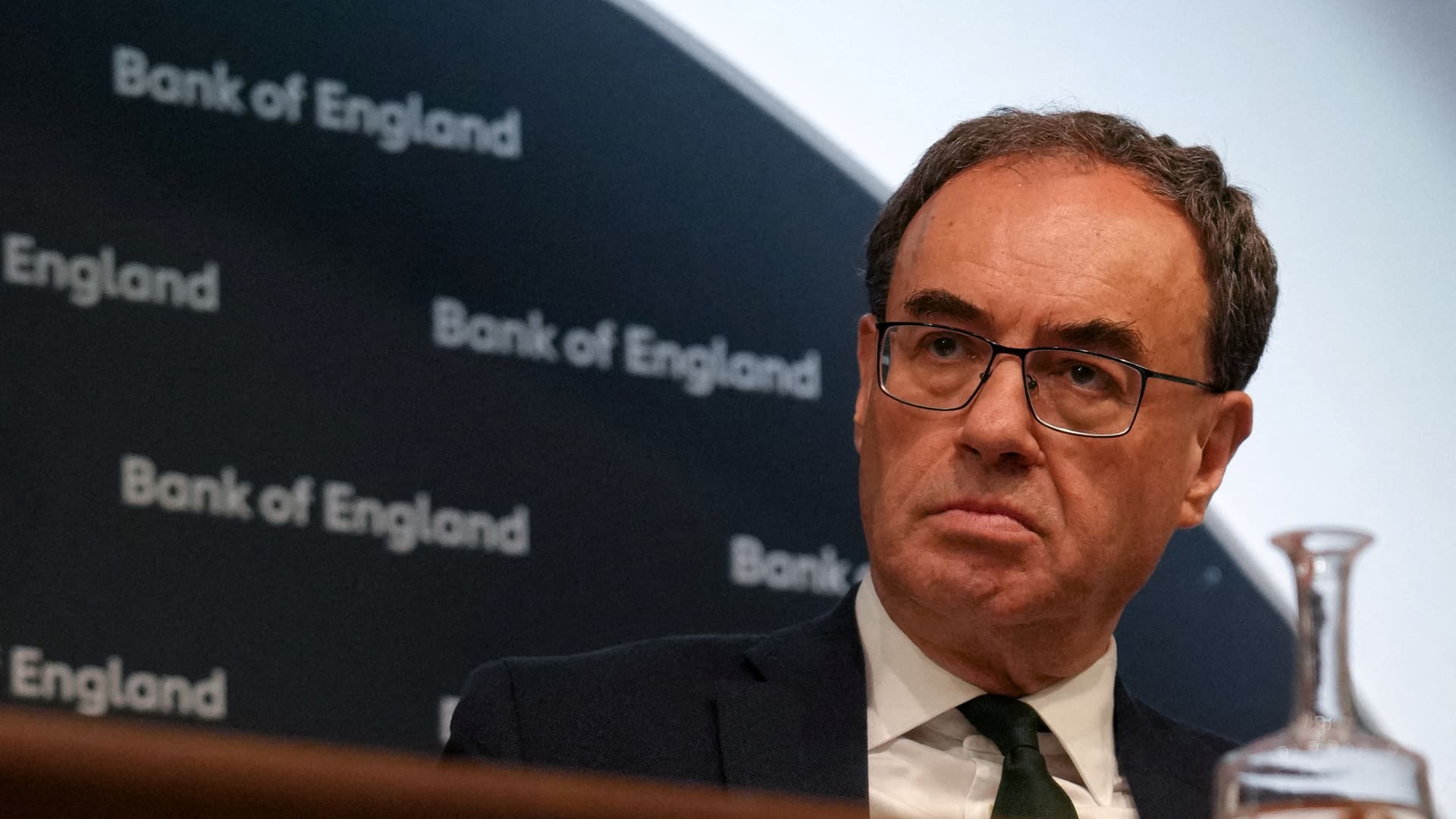Federal Reserve Chairman Jerome Powell arrives to speak at a news conference following a Federal Open Market Committee meeting at the William McChesney Martin Jr. Federal Reserve Board Building on July 31, 2024 in Washington, DC.
Andrew Harnik | Getty Images
If the Federal Reserve is starting to set the table for interest rate reductions, some parts of the market are getting impatient for dinner to be served.
“What is it they’re looking for?” Claudia Sahm, chief economist at New Century Advisors, said on CNBC just after the Fed concluded its meeting Wednesday. “The bar is getting set pretty high and that really doesn’t make a lot of sense. The Fed needs to start that process back gradually to normal, which means gradually reducing interest rates.”
Known for formulating the Sahm Rule that uses changes in the inflation rate to gauge when recessions occur, Sahm has been clamoring for the central bank to start easing monetary policy so it doesn’t drag the economy into recession. The rule states that when the three-month average of the unemployment rate is half a percentage point above its 12-month low, the economy is in recession.
The 4.1% jobless level is only a short distance from triggering the rule, and Sahm said the Fed’s insistence on holding short-term interest rates at their highest level in 23 years is endangering the economy.
“We don’t need a weak economy to get that last little bit out of inflation,” she said. “We do not have to be afraid of a good economy. If the inflation job is done, or we’re on that glide path, it’s OK, the Fed can start stepping aside.”
Asked about the Sahm Rule during his post-meeting news conference, Fed Chair Jerome Powell called it a “statistical regularity” that doesn’t necessarily hold true this time around as the jobs picture remains strong and the pace of wage gains decelerates.
“What it looks like is a normalizing labor market, job creation and a pretty decent level of wages going up at a strong level but coming down gradually,” he said. “If it turns out to … show something more than that, then we’re well positioned to respond.”
Cautious approach
Markets, though, are pricing in an aggressive path for rate cuts starting in September with a quarter percentage point reduction, which would be the first since the early days of the Covid crisis.
After that, markets expect cuts in November and December, with an about 11% probability assigned to the equivalent of a full percentage point lopped off the fed funds rate by year-end, according to the CME Group’s FedWatch gauge of 30-day fed funds futures contracts.
Instead of starting to take its foot off the brake, the Fed on Wednesday said it is keeping its overnight borrowing rate in a range between 5.25%-5.50%. The post-meeting statement did note progress made on inflation, but also reiterated that policymakers on the rate-setting Federal Open Market Committee need “greater confidence” that inflation is heading back to 2% before they will be ready to lower rates.
DoubleLine CEO Jeffrey Gundlach also thinks the Fed is risking recession by holding a hard line on rates.
“That’s exactly what I think because I’ve been at this game for over 40 years, and it seems to happen every single time,” Gundlach said, speaking to CNBC’s Scott Wapner on “Closing Bell” on Wednesday. “All the other underlying aspects of employment data are not improving. They’re deteriorating. And so once it starts to get to that upper level, where they have to start cutting rates, it is going to be more than they think.”
In fact, he thinks the Fed could end up slashing rates by 1.5 percentage points over the next year, a pace that’s more aggressive than the policymakers charted when they last updated the “dot plot” of individual projections.
Gundlach figures that the consumer price index will be below 3% soon, making real rates, or the difference with the fed funds rate, particularly high.
“If you have a positive real interest rate that’s even one and a half percent, that would suggest you have 150 basis points of room to cut rates without even thinking that you’re being excessive about it,” he said. “I think they should have cut today, quite frankly.”
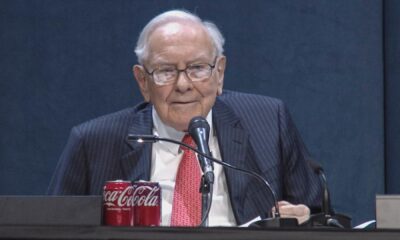
 Finance6 days ago
Finance6 days ago
 Finance1 week ago
Finance1 week ago
 Personal Finance1 week ago
Personal Finance1 week ago
 Economics1 week ago
Economics1 week ago
 Personal Finance1 week ago
Personal Finance1 week ago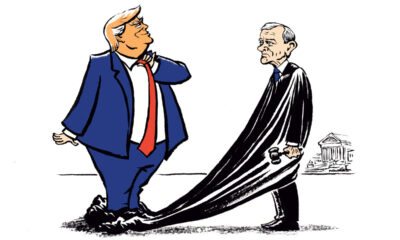
 Economics1 week ago
Economics1 week ago
 Economics1 week ago
Economics1 week ago
 Economics1 week ago
Economics1 week ago
